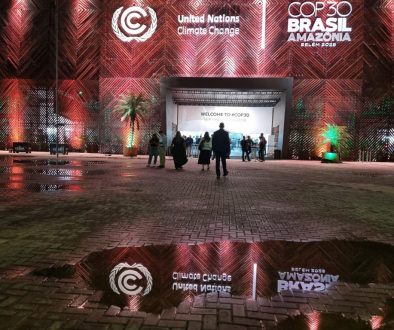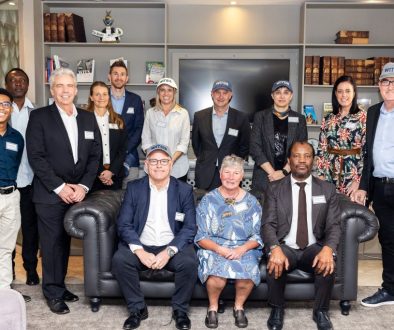Recycling: good for the environment and economy
Recovered paper fibre has been used in South Africa as a raw material since 1920 and is a well-established waste stream with a recovery rate of over 60%.
The Paper Recycling Association of South Africa (RecyclePaperZA), operating as a subsidiary of the Paper Manufacturers Association of South Africa (PAMSA), has for the past 13 years promoted recovered and recycled paper fibre as a vital link in the renewability chain.
Paper products are renewable because they are made from plantation-grown trees that have been planted, grown and harvested in cycles – and then the land is renewed with new trees which in time will provide a fresh fibre supply.
Through the process of photosynthesis the trees from which paper is made absorb carbon dioxide and convert it into oxygen. Retained carbon remains locked inside the wood fibre throughout the paper-making process.
Paper is also recyclable – what was your newspaper yesterday may be part of a cardboard box next month.
In 2014, 64% of recoverable paper was collected for recycling which means that more than one million tonnes of paper was collected, helping to reduce pollution and lessen the effects of climate change.
However if paper products are sent to landfill, they combine with materials like food waste and degrade. This process releases greenhouse gases into the atmosphere. One such gas is methane which is 20 times more potent than carbon dioxide.
Beyond the environment
But in SA, paper recycling goes beyond environmental sustainability as countless people turn to the recovery and on-sale of recyclables to make a modest living.
RecyclePaperZA, with financial assistance from the Fibre Processing and Manufacturing sector education and training authority (FP&M Seta), presents entrepreneurship training courses.
From major cities to outlying rural towns, RecyclePaperZA has empowered over 3,300 informal collectors empowering them with the knowledge and skills required to start and run a sustainable small business within the recycling domain. Collectors attend the courses free of charge.
Higher prices are paid for separated, good quality recyclables and thus the importance of separating at source is stressed during the course.
Empowering and encouraging everyday citizens
RecyclePaperZA cites a number of entrepreneur success stories. Lydia Anderson-Jardine who attended the course in 2011 in Cape Town soon secured the contract to collect all paper from the City of Cape Town municipal offices as well as Somerset Hospital. Employing 21 people and recovering nearly 120 tons of paper monthly, Lydia’s success inspired her son Rowen to partner with Elim Night Shelter in Elsiesrivier and establish the Wastewant Youth Recycling Cooperative. The project seeks to remove unemployed youth from the grips of drug and alcohol abuse by providing them with a stable opportunity to earn an income.
In SA’s KwaZulu-Natal province the Udondolo recycling cooperative in Cato Manor, outside Durban was established after three people from the cooperative attended the RecyclePaperZA training, and shared their skills with others. The project now employs approximately 23 people, ranging in age from 23 to 72. Udondolo beneficiaries have even started hand-making secondary products from some of the recyclables they collect. “They are more conscious about the waste in their community and that waste is not really waste at all,” said Beryl Shezi from the University of KwaZulu-Natal’s Students in Free Enterprise organisation.
The entrepreneurship course offering has been embraced by many municipalities across SA who have invited RecyclePaperZA to present one-day workshops to municipal employees and collectors. By working with all tiers of government to inform policy, educate officials, and upskill communities, RecyclePaperZA is part of creating more effective, efficient waste management systems.



